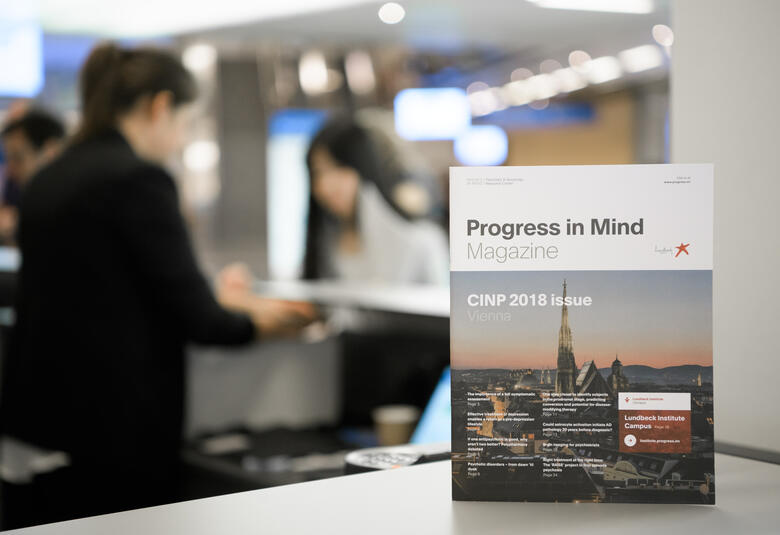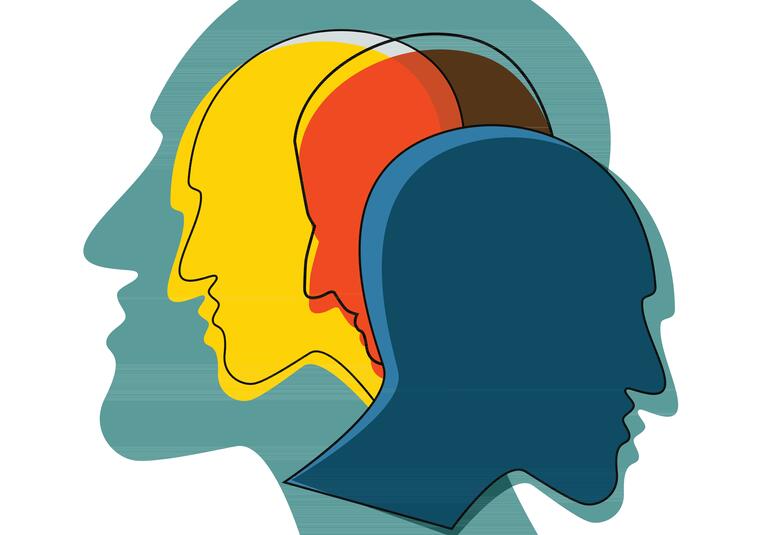Depression still leads the way in terms of the global burden of disease. In a seminar, sponsored by Lundbeck, Dr Gregory Mattingly spoke about ‘Redefining Treatment Expectations in Major Depressive Disorder (MDD)’. SSRIs remain a common treatment modality for depression, however there is a large variation in individual response to this class of medication. Patients ultimately fall into three groups in terms of response – those with the most response, those with a medium response and those with the least response. Most patients fall in the middle group – they are better, but they are not well.
While some of their symptoms may have abated, inherently these patients are not resilient - when they have a bad week, they tend to fall apart. They possess an inherent fear of stopping the medication and their symptoms becoming even worse, as there is a recognition their current functioning is poor, and they can’t afford any further deterioration.
It is important to remember that the brain is like any other part of the body – the longer it remains ill, the worse the long term outcomes will be.
A stepwise approach can be adopted if there is a partial response to pharmacological therapy. An option is the addition of psychotherapy, a change to another antidepressant (non-MAOI) either within the same class or a different class. If there is still not a complete response, the next step will be augmentation with alternative psychopharmacology, such as an atypical antipsychotic.
In this new model, level two would include atypical antipsychotics approved for depression augmentation: quetiapine, aripiprazole and brexpiprazole.
When the seminal STAR*D study was published twenty years ago, atypical antipsychotic augmentation was not an option. A recent study by Perlis RH et al published in the JAMA in 2022, asked the pertinent question: Is it time to try Sequenced Treatment Alternatives in Relieve Depression (STAR*D) again?1
When treating depression, there are three goals, symptom improvement, improvement in functioning and an improvement in the patient’s quality of life. The answers can be achieved using simple questions such as ‘do you feel optimistic?’ and ‘do you have a sense of purpose?’. When the answers to these questions start becoming more positive, it shows the patient is building resilience and is less likely to decompensate when an adverse situation arises.
Engage patients as partners – ‘As the physician, I am going to listen to you, and you are going to guide me in how best to treat you’
There are also subtleties in language that should be used when speaking to patients, as well as certain reassurances given:
- Reassure patients it is not their fault the antidepressant is not working
- There are many alternatives available which can be explored
- Describe these alternatives in detail, and why you have chosen this specific treatment plan
- Engage patients as partners – ‘As the physician, I am going to listen to you, and you are going to guide me in how best to treat you’
- Empower patients – many feel the illness has completely disempowered them
- Normalise the situation, remove any associated stigma and above all, inspire hope in your patients
- Reassure them ‘we are going to get you better’
Our correspondent’s highlights from the symposium are meant as a fair representation of the scientific content presented. The views and opinions expressed on this page do not necessarily reflect those of Lundbeck.




